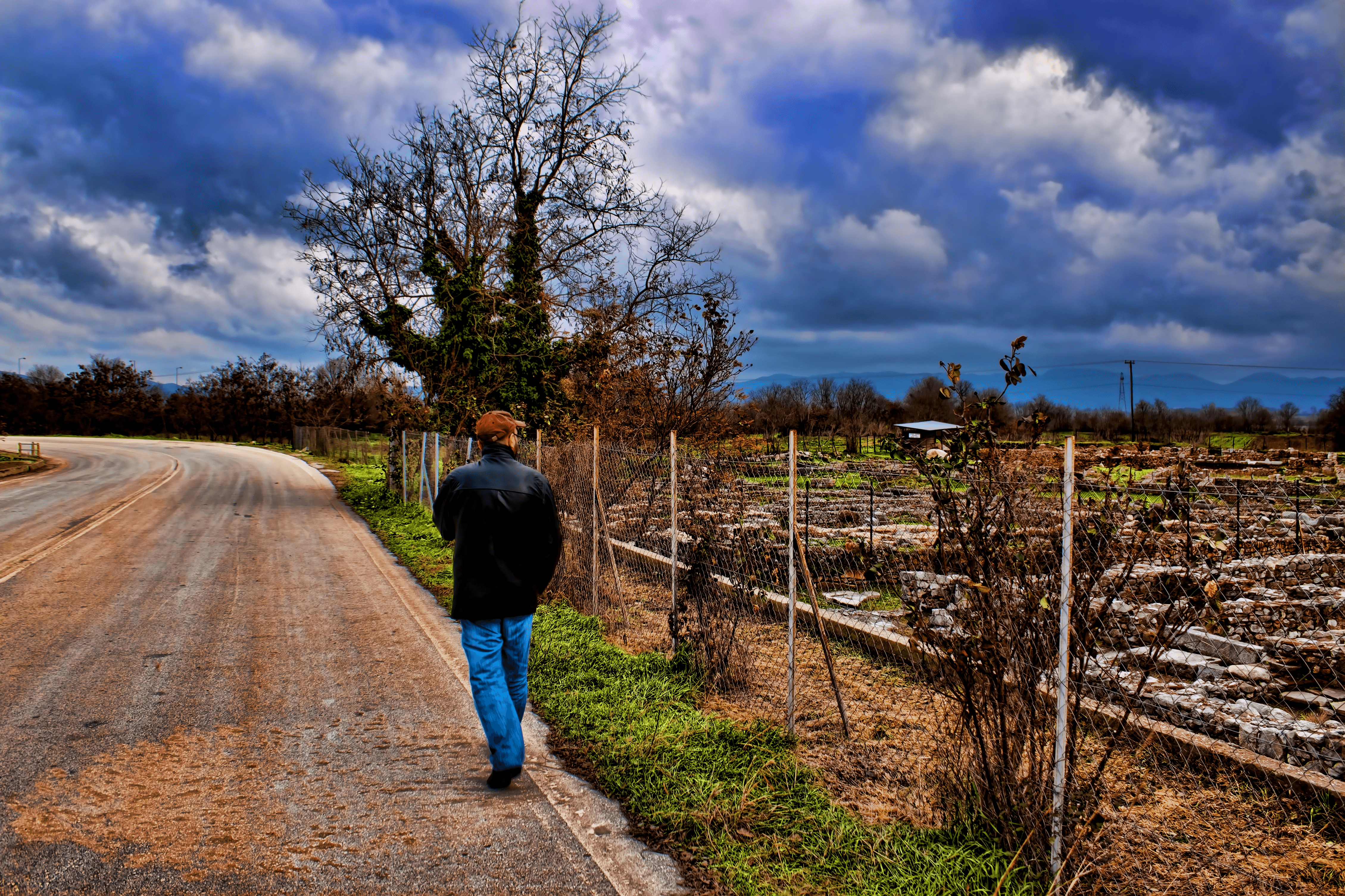Throughout history, human beings have always held a certain fascination towards nature and her wonders. Now, scientists have linked this fascination to improved public health.
A team of scientists from the University of Queensland (UQ) and the ARC Centre of Excellence for Environmental Decisions (CEED) recently held an Australia-based study to prove that people, in general, could both physically and mentally benefit from even minimal exposure to nature. A sample size of 1538 residents in Brisbane City, Australia, were studied in order to determine the best way to optimize nature in urban settings.
The experiences of nature studied in the project were broken down into three components–frequency of outdoor green space visits a year, the average duration of those visits in a week, and the “intensity” of the nature defined by the highest level of vegetation found within any of the green spaces. Through analyses involving several different variables, which include age, gender, income, weight, and education, researchers discovered that people who visit parks for 30 minutes or more each week generally had better mental health than those who did not. According to UQ CEED researcher Dr. Danielle Shanahan, if everyone visited their local parks for half an hour each week there would be 7% fewer cases of depression and 9% fewer cases of high blood pressure. In addition, those who self-reported a strong connection with nature had greater levels of social cohesion and physical activity. Of course, the nature experiences had a positive correlation with physical activity, which may have also affected the results on mental health. These levels were measured through the use of questionnaires and surveys.
The study has a couple of major implications moving forward. First of all, while urbanization continues to rise, nature continues to play an important role in maintaining good public health. Therefore, this assessment places importance in maintaining a steady concentration of nature through parks and other green space. From a monetary perspective, the cost of addressing depression in Australia alone is around $12.6 billion. Nature can be used as a tool to not only improve people’s lives but also save money. In all, the study proved what has been known for a long time: nature is an important force in everyday lives.
Feature Image Source: Walk by Theophilos Papadopoulos










